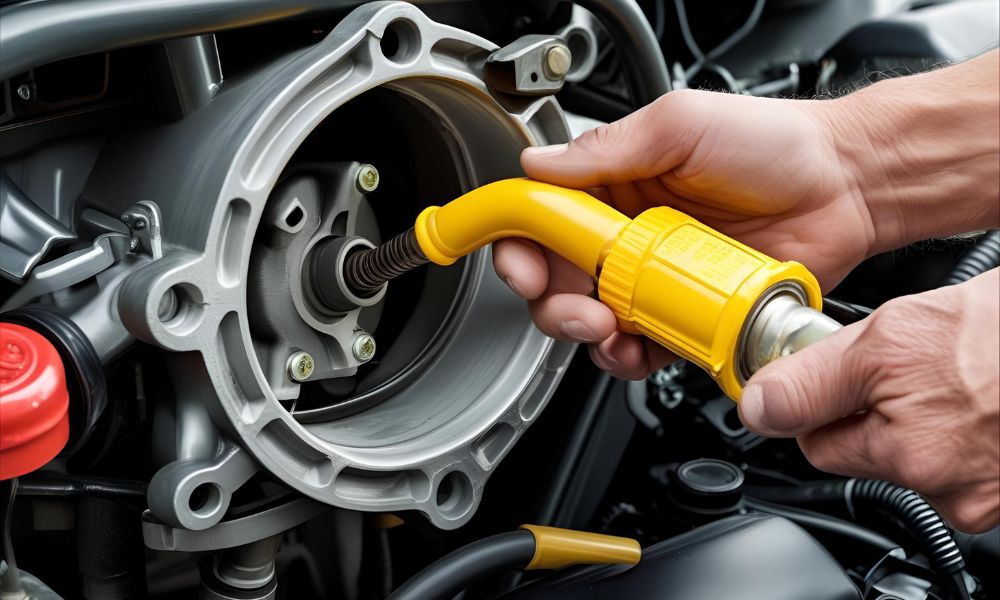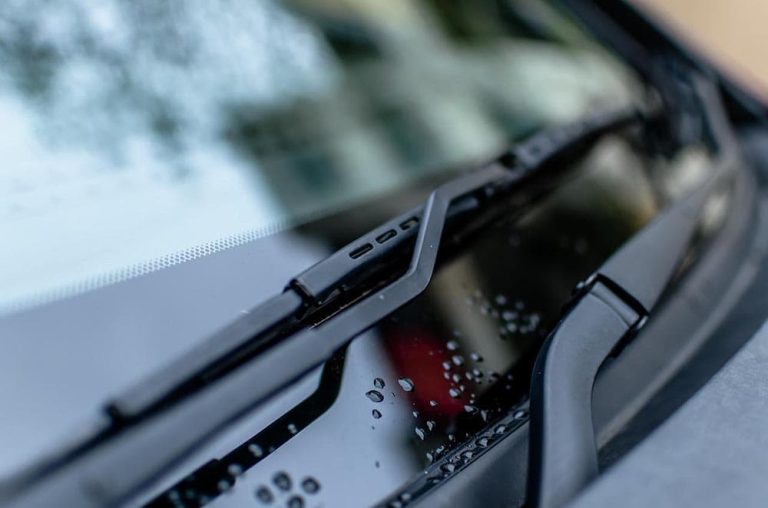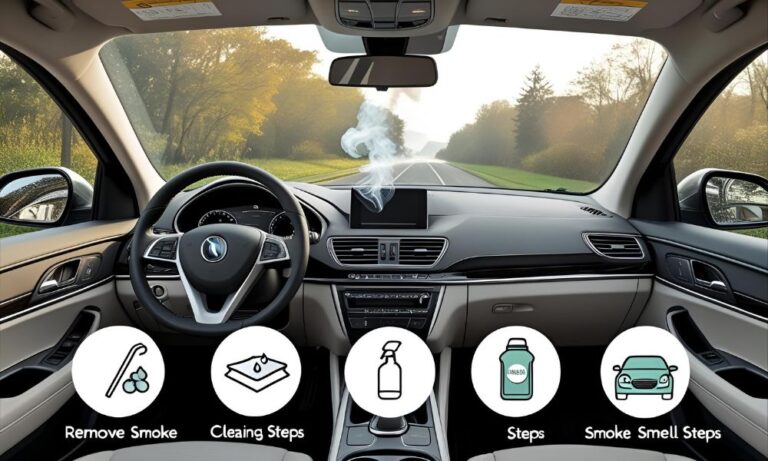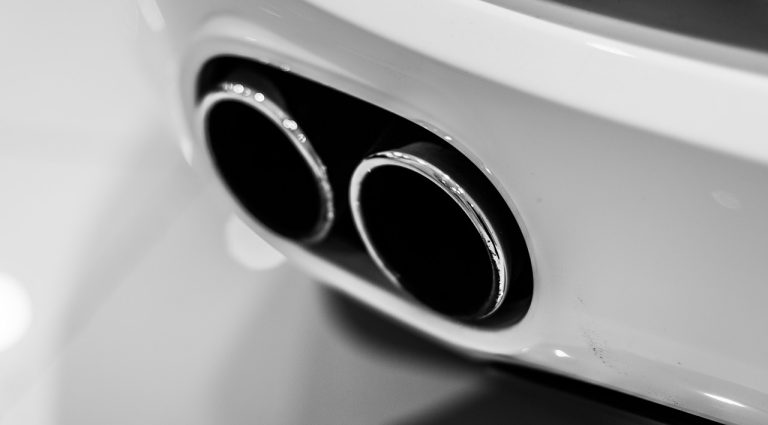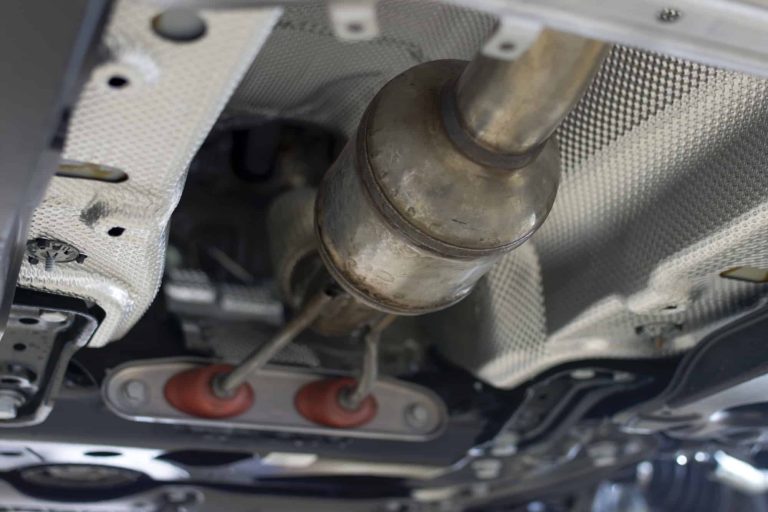Signs of a Bad Fuel Pump: How to Identify and Address the Issue
Your car’s performance depends on a functioning fuel pump, which makes sure that gasoline flows uninterrupted from the tank to the engine. However, the repercussions of your gasoline pump failing may be anything from annoying to hazardous. Your automobile may stop, splutter, or not start at all due to a malfunctioning fuel pump. Early detection of a malfunctioning fuel pump might save you money on repairs and avoid a breakdown. This article will assist you in recognizing the signs of a malfunctioning fuel pump and determining the best course of action to address the issue before it becomes worse.
Why It’s Important to Address Fuel Pump Issues Early
Greater issues may arise if you ignore the warning indications of a malfunctioning gasoline pump. Not only can a broken gasoline pump leave you stranded on the side of the road, but it may also harm other important engine parts. Maintaining the smooth operation of your car and preventing future expensive repairs depends on early identification and prompt repairs.
Common Symptoms of a Failing Fuel Pump
A malfunctioning fuel pump might appear in a number of ways. The symptoms might be modest at times or more overt at others. You shouldn’t disregard any warning indications, such as your car’s engine stopping, trouble starting, or odd sounds emanating from the gasoline tank. By keeping an eye out for these signs, you may identify the problem before it results in a total fuel system failure.
Engine Stalling: A Major Indicator of Fuel Pump Failure
One of the most typical signs of a malfunctioning fuel pump is engine stalling. The vehicle may stall, particularly while accelerating or idling, if the fuel pump is unable to provide the engine with the required pressure. This may be annoying, especially if the stalling occurs at high speeds or in traffic. It may be a clear sign that your fuel pump is broken if your engine starts and runs for a short while before stalling.
How Engine Stalling is Linked to Fuel Delivery Problems
The fuel pump’s principal job is to provide a continuous flow of gasoline to the engine at the right pressure. This pressure cannot be maintained by a malfunctioning fuel pump, which causes an abrupt loss of power and engine stalling. It may be difficult to diagnose this problem since it occurs sporadically, but if it keeps happening, you should think about getting your fuel pump serviced.
When to Be Concerned About Engine Stalling
If your vehicle stalls often or without warning, particularly while you’re accelerating, it’s important to look into the fuel system. While a single stalling incident may not be a major worry right away, recurring stalling is a severe problem that has to be fixed right away to prevent more engine damage.
Difficulty Starting the Engine: Trouble Igniting Your Car
Having trouble starting your automobile might also be caused by a malfunctioning gasoline pump. A malfunctioning fuel pump may be the cause if you turn on the ignition key and the engine turns over but does not start immediately. When the fuel pump isn’t operating correctly, it won’t supply the appropriate gasoline to the engine, stopping it from starting or causing extended cranking.
Why a Bad Fuel Pump Makes It Hard to Start Your Car
It may not be able to sustain the fuel pressure required to start the engine if the fuel pump is not operating effectively. Because the engine isn’t getting gasoline quickly enough, a malfunctioning fuel pump might cause starting times to be delayed or extended. If this problem is not addressed, it may worsen over time and make starting your automobile much more difficult.
The Role of Fuel Pressure in Starting the Engine
Engine start-up depends on fuel pressure. The engine has enough gasoline under pressure to start effectively, thanks to the fuel pump. A sluggish or unsuccessful start results from the fuel pump’s inability to sustain sufficient pressure when it malfunctions. As a consequence of having to make up for the low fuel pressure, other engine parts may also experience higher wear.
What You Can Do When Your Car Won’t Start Properly
Check for basic issues like a dead battery or malfunctioning spark plugs if you’re having trouble starting your automobile. It’s necessary to get your fuel pump examined or changed if the problem continues, particularly if you see a lack of fuel pressure or reluctance while starting the engine.
Decreased Engine Power: Struggling to Accelerate
Reduced engine power is another indication of a malfunctioning fuel pump. The fuel system may be the cause of your car’s slowness or difficulty accelerating. A malfunctioning fuel pump reduces engine power and performance by not supplying enough gasoline to the engine during acceleration.
How a Faulty Fuel Pump Affects Engine Power
The engine cannot operate at its best if the fuel pump is not supplying the proper quantity of gasoline. This causes hesitation and poor acceleration, especially when you attempt to press the gas pedal. You could hear the engine straining to get up to speed, or the automobile may feel unresponsive or sluggish.
Why Decreased Acceleration Signals a Problem with the Fuel System
The engine in your automobile needs a consistent supply of gasoline to run. The engine will hunger for gasoline if the fuel pump is malfunctioning, which will result in slow acceleration. In order to prevent more harm to the engine and fuel system, this should be promptly treated since it is often the first obvious sign of fuel pump failure.
Steps to Take When Your Car Won’t Accelerate Properly
If you notice that your car isn’t accelerating as it should, first check the fuel system. A diagnostic scan at a trusted mechanic can help determine if the issue lies with the fuel pump. In some cases, fuel system cleaning or replacement of the pump might be necessary to restore proper acceleration.
Sputtering or Jerking: A Clear Sign of Fuel Delivery Issues
Sputtering or jerking is a classic symptom of a bad fuel pump. When the fuel pump cannot supply a steady stream of fuel, it causes fluctuations in the fuel flow, which can result in the car jerking or sputtering as it tries to accelerate. This is often most noticeable at high speeds or during rapid acceleration.
Understanding How Fuel Pump Problems Cause Jerking or Sputtering
The inconsistent fuel flow caused by a failing fuel pump creates surges and drops in engine power. As a result, the engine cannot maintain a smooth, steady performance, causing it to jerk or sputter. This issue typically worsens as the pump continues to degrade, and you may feel the jerking more often.
The Difference Between Sputtering and Normal Engine Behavior
Sputtering is different from normal engine behavior because it indicates a disruption in the fuel delivery system. While a slight hiccup in engine performance may be normal from time to time, consistent sputtering or jerking is a clear indication of a problem, and is one of the common signs of a bad fuel pump, often caused by a faulty fuel pump.
How to Recognize Sputtering and Its Link to Fuel Flow Disruptions
If your car sputters or jerks unexpectedly, especially during acceleration or high speeds, it’s likely due to irregular fuel delivery. A bad fuel pump is one of the most common causes of this type of issue, as it fails to provide consistent fuel flow to the engine.
Unusual Noises from the Fuel Tank: A Sound to Watch Out For
If you hear strange noises coming from the fuel tank, such as whining, humming, or grinding sounds, it may indicate a bad fuel pump. A healthy fuel pump operates quietly, but when it’s failing, the mechanical components can produce abnormal sounds as they struggle to function properly.
Why Your Fuel Pump Might Make Noise When It’s Failing
The noise coming from a failing fuel pump occurs due to internal damage or a lack of lubrication. As the pump’s components wear out, they can produce friction, resulting in loud, unusual sounds. These noises often occur when the fuel pump is working harder to maintain fuel pressure and flow.
How to Differentiate Between Normal and Abnormal Fuel Pump Sounds
Normal fuel pump operation is virtually silent or produces a low hum. If the sound is louder than usual or is accompanied by whining, grinding, or squealing, it may be one of the clear signs of a bad fuel pump. A mechanic can inspect the fuel pump to determine the source of the noise and confirm whether it needs replacement.
What to Do If You Hear a Strange Noise Coming from the Tank
If you hear any unusual sounds from the fuel tank, it’s important to stop driving immediately and have your vehicle inspected. Continuing to drive with a faulty fuel pump can cause further damage to the engine and fuel system. A qualified mechanic can diagnose the problem and advise whether the fuel pump needs to be replaced.
Poor Fuel Efficiency: Reduced Miles per Gallon
A bad fuel pump can significantly impact your car’s fuel efficiency. If your vehicle starts consuming more fuel than usual, it could be due to an inefficient fuel pump. When the pump is not delivering fuel at the proper pressure, the engine compensates by using more fuel, leading to poor mileage.
How a Bad Fuel Pump Affects Fuel Consumption
A malfunctioning fuel pump struggles to deliver the right amount of fuel to the engine, causing it to burn more fuel than necessary. This inefficiency can result in a noticeable decrease in miles per gallon (MPG), which is often one of the first signs that your fuel system needs attention.
Signs of Fuel System Problems Through Increased Fuel Usage
If you find that you’re visiting the gas station more often or that your car is consuming fuel at a faster rate than usual, it may indicate one of the early signs of a bad fuel pump. Monitoring your fuel consumption closely can help you spot early signs of fuel system failure.
Why It’s Important to Address Poor Fuel Efficiency Early
Poor fuel efficiency not only costs you more at the pump, but it can also be a sign of an underlying fuel system problem. By addressing the issue early, you can save money on fuel and avoid further damage to the vehicle.
How the Check Engine Light Can Signal Fuel Pump Problems
The check engine light can signal a variety of issues, including problems with the fuel system. When the fuel pump fails or is not operating at the correct pressure, the vehicle’s computer system may detect a malfunction, triggering the light.
Conclusion: Identifying and Fixing Fuel Pump Problems Early
Recognizing the signs of a bad fuel pump early can save you both time and money. From engine stalling to decreased fuel efficiency, understanding these symptoms allows you to address issues before they become more serious. Regular maintenance, including timely fuel pump inspections, can help keep your vehicle running smoothly and efficiently, ensuring a safe and trouble-free driving experience.

